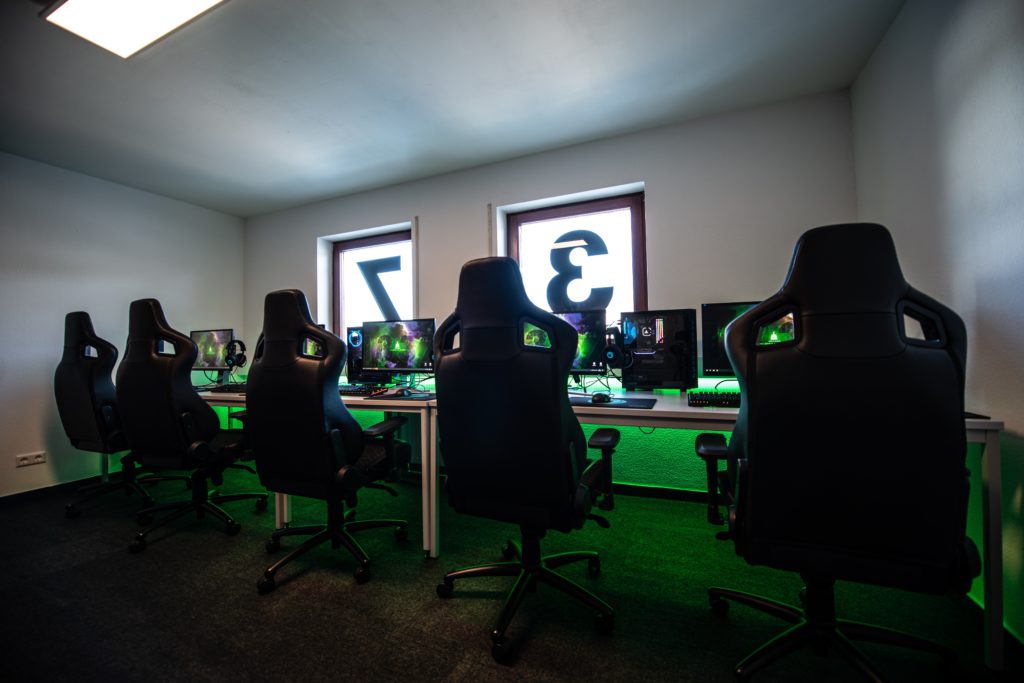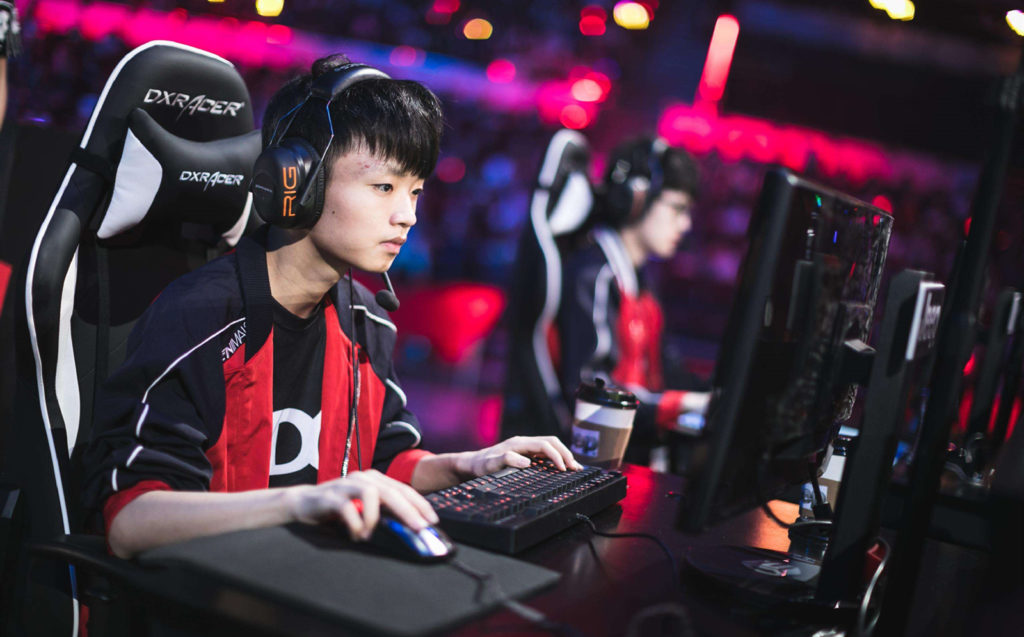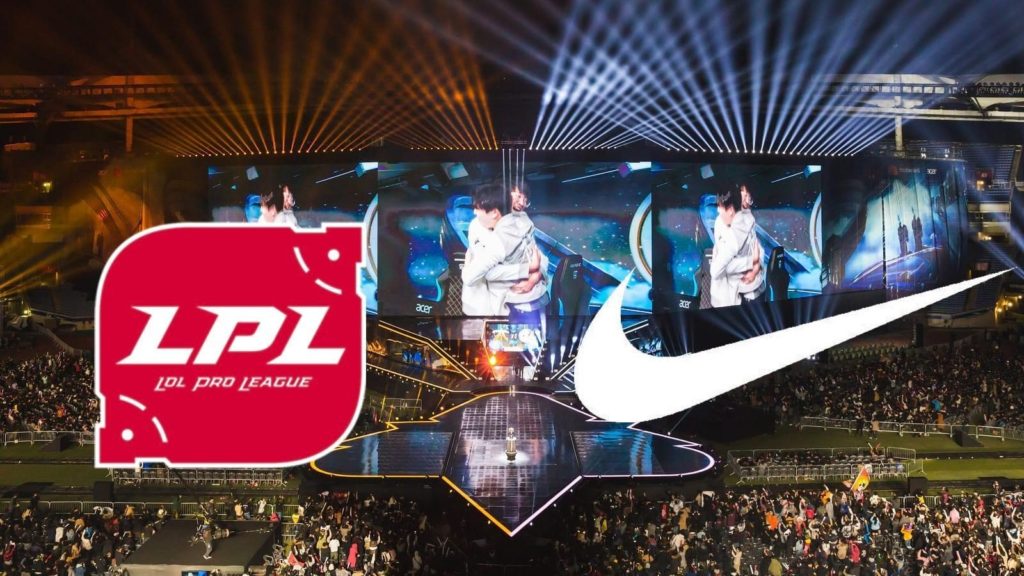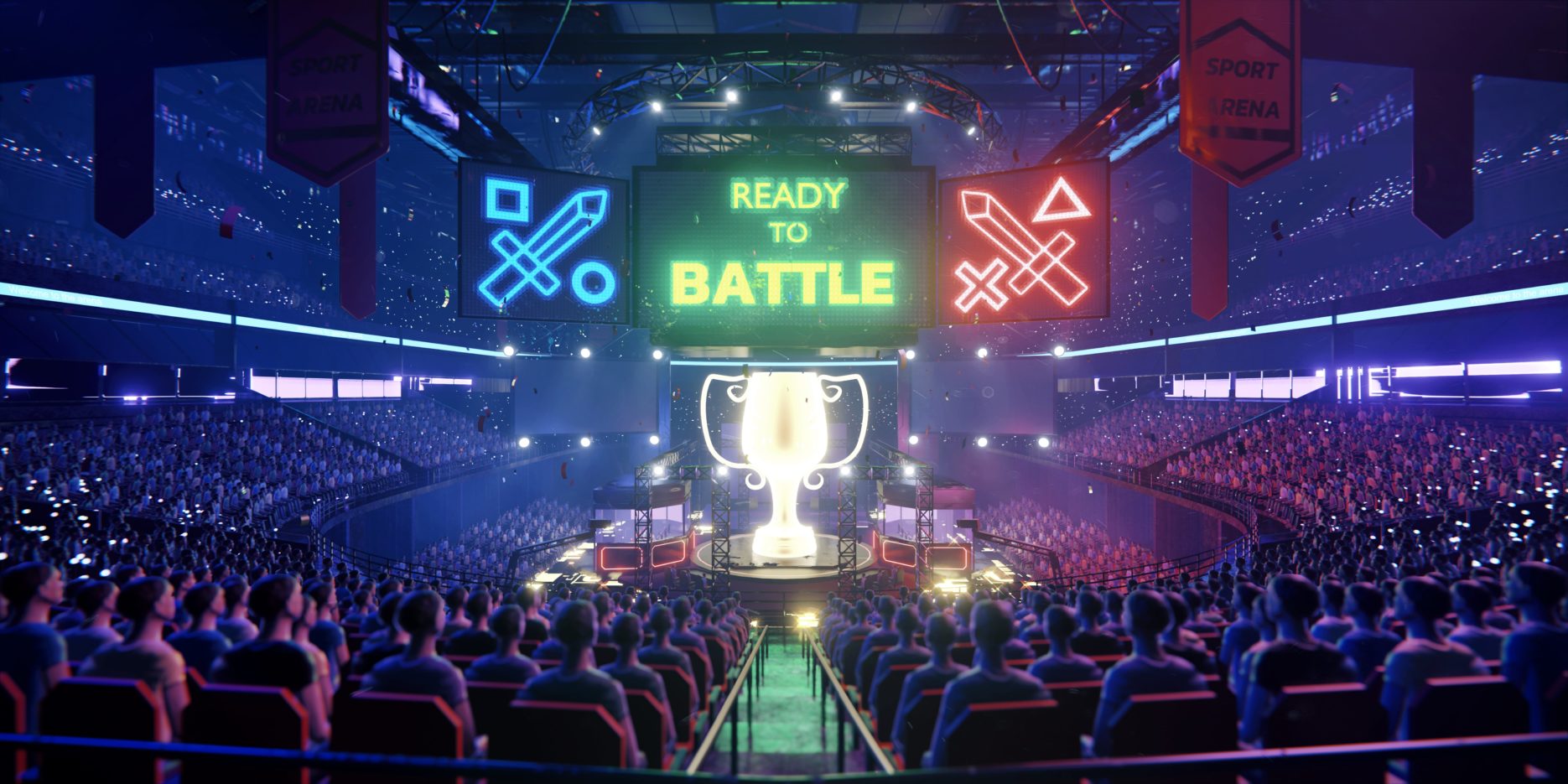From ostracised outsiders to leading characters in rom coms, the increasing popularity of China’s esports industry presents a potential goldmine for savvy marketers.
Why esports?
The popularity of esports is such that even the Olympics are eyeing this modern drawcard
Esports (electronic sports) is now a major global industry that revolves around competitive gaming. Esports can be watched at live tournaments or online. Popularity is such that even the Olympics are eyeing this modern drawcard. China’s esports industry is worth hundreds of billions of yuan, with continued growth predicted in the coming years.
Viewed by some as a less traditional promotional avenue, the unique place esports holds in Chinese culture cannot be underestimated. For international companies, esports is a platform with a vast and diverse reach. Esports partnerships warrant serious consideration, especially for brands pursuing a stronger presence in the Chinese market.

From gaming addiction to recognised profession
In the west, gaming was long recognised as profitable yet problematic, and public debate as to whether video game violence influenced American gun violence further tarnished the industry’s image. Gaming was also considered traditionally isolationist. Even as online gaming communities grew and expanded into mainstream culture, the stigma lingered.
The World Health Organisation added gaming disorder to its 11th Revision of the International Classification of Diseases in 2018, a move met with some outcry. Deeming serious gaming as an addiction, in stark contrast to other pro sports training regimens, brought up the question of whether such distinction was based on cultural prejudice.
China’s attitude to gaming
China’s focus on digital supremacy made the emergence of esports a viable avenue for industry
Originally the CCP expressed a primarily negative attitude to gaming, with the Chinese press coining the term “electronic heroin”. Still, China recognised esports as a sport in 2003 and, in the last decade, internal support for the industry has grown. The country’s focus on digital supremacy made the emergence of esports a viable avenue for industry, and nationalistic sentiment.
While the gaming industry’s popularity and profitability continue to rise across age groups, criticism of gaming ebbs and flows in China (i.e. childhood myopia saw age restrictions in 2018) and recently the Chinese government reduced gaming hours for under 18s to one hour on Friday’s, weekends, and public holidays.

Commodification of esports
Esports is perceived as a cool career path that can generate a healthy income
In 2016, the Ministry of Education listed esports and management as a college option, validating the industry. In 2019, the Ministry of Human Resources and Social Security recognised the professions, Esports Professional and Esports Operator. Now embedded in the Chinese psyche, esports is perceived as a cool career path that can generate a healthy income.
Esports are aspirationally accessible, and livestreaming is a foundational element of overall gaming industry success in China. (Not surprising, as the country now boasts well over 700 million players.) Esports offers mobility, a mix of online community and solitary play, is popular with men and women, and is easily adaptable to COVID-19 restrictions.
The unique marketing position of esports in China
Esports delivers on a number of points celebrated by Chinese culture – digital supremacy, hard work and dedication
Esports is at the epicentre of a confluence of factors that equal prime branding. At its core, esports delivers on a number of points celebrated by Chinese culture. Digital supremacy, hard work and dedication that delivers clear and attainable achievements, including global victory for China — all amplified with local support, including a billion dollar esports arena project.

This places esports at a unique crossroad: mainstream approval while retaining rebellious cred due to an initial perception of esports as a subtle rejection of societal norms. This mix of traits markets positively to Chinese youth, reflected in entertainment representation where esports professionals are lead characters in C-dramas like Kings Avatar, and Falling Into Your Smile.
Esports marketing opportunities
IKEA debuted an interiors range for esports gamers
Many global brands celebrate China’s esports scene. IKEA even debuted an interiors range for esports gamers in China this year. In 2019, Nike signed a four-year exclusive apparel partnership with Tencent’s TJ Sports for China’s League of Legends Pro League (LPL), including a public range, focusing on gamer athleticism.

The link between food and beverages, and gaming, is a cross-cultural standard. Red Bull, Coca-Cola, and PepsiCo have all been active global esports sponsors for years, and these brands recognise the general potential of the Chinese market. Doritos is globally active, and active in Chinese esports (Chinese esports icon Faker appeared in Doritos advertising.)
Esports and lifestyle
Widespread popularity enables the Chinese esports industry to offer far-reaching exposure
Esports in China also complements lifestyle marketing. A number of L’Oréal and Estee Lauder brands have promoted with esports. Likewise, luxury cars and esports have a strong bond. For example, in recent years FAW-Audi and Mercedes Benz have chosen esports involvement that spans sponsorship links with Chinese competitions, arenas, and clubs.
Widespread popularity enables the Chinese esports industry to offer far-reaching exposure. Brands can interact with KOLs, esports icons, events, teams, clubs or communities. Strategies span online and offline campaigns, as well as clever merges. Esports allows for innovative thinking and branding outside the box, thanks to an established technology-savvy target market.
If you enjoyed this article and want to contribute a piece to Dao, please get in touch with the team at [email protected]
Read more about esports in China:









